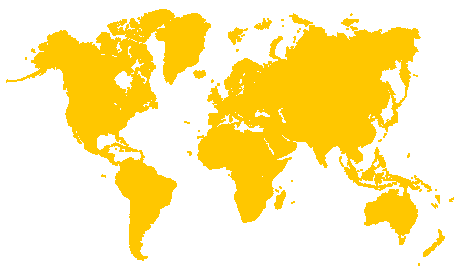Novel Food & Food Additive Services
Intertek’s novel food/food additive services support pre-market approvals in major jurisdictions across the globe.
Foods or food ingredients that do not have a history of use within a country are typically considered as “novel foods” or new food additives and will require pre-market authorization. See the “Regulatory Overview” section to see more information about the regulations in the different jurisdictions that we support.
With the differing pre-market requirements for novel food/ingredient approvals in different countries and the ever-evolving regulatory landscape, complexities in obtaining approvals requires careful planning and a solid strategy to support market success. Intertek has incredible depth and breadth of expert staff that have extensive experience in navigating the regulatory requirements for novel food/additive application and obtaining approvals in a wide-range of jurisdictions across the globe.
Today, a global strategy is essential to gaining approval in multiple markets efficiently and effectively. Intertek offers the regulatory and scientific expertise necessary to provide reliable advice on international novel food regulations and approvals.
Novel Food Services
- Assessing novel/not novel classification
- Conducting feasibility assessments to determine whether sufficient data are available to support a novel food application or a not-novel opinion or substantial equivalence application (as applicable)
- Conducting comprehensive scientific literature searches
- Where information gaps are identified, providing recommendations for the generation of additional data
- Design and placement of pre-clinical and clinical studies, where needed
- Manuscript preparation for scientific studies.
- Conducting dietary exposure assessments using recognized food consumption databases
- Preparing novel food, GRAS, substantial equivalence dossiers or not-novel opinions
- Convening expert GRAS panels.
- Providing stewardship of submissions for regulatory approval, including liaising with government authorities
Although “novel foods” are not defined in the United States (U.S.), any new food ingredient is considered either as a food additive (requiring a pre-market approval by the U.S. Food and Drug Administration (FDA)) or are Generally Recognized as Safe (GRAS) for specific uses, which can be determined by consensus of a panel of qualified experts. While GRAS notifications to the FDA are voluntary, a “no questions” response from FDA provides additional assurances of the regulatory status to end users of the ingredient and is useful in importing ingredients manufactured outside of the U.S. Typically, new (novel) food ingredients undergo a GRAS determination.
The European Union’s (EU’s) Novel Foods Regulation (EC) No 258/97 applies to foods and food ingredients that have not been used for human consumption to a significant degree within the European Community before 15 May 1997.
In January 2018 the EU Novel Food Regulation (EU) 2015/2283 came into full force, where new submissions now go direct to the Commission and EFSA. There is a new Union List of Novel Foods which has a generic list of all approved ingredients. There will also be a new part of the list for approvals subject to exclusive use of proprietary scientific data for a period of 5 years. Submissions must be made to the new Commission Electronic Portal based on the new specific submission regulations and European Food Safety Authority (EFSA) guidance. Additionally, a new regulation for the determining whether an ingredient is or is not novel via consultation with a member state and subsequent notification of the Commission and other Member States.
There is also a separate notification with scrutiny procedure for “traditional foods from third countries” which are foods or food ingredients derived from primary production and have been confirmed with compositional data and from experience of continued use for at least 25 years in the customary diet of a significant number of people in at least one country from outside the EU.
Intertek can help with all aspects of novel foods from determination and regulatory strategy to identifying dossier requirements and assisting to design, plan and manage the data acquisition process as well as preparing, submitting and stewardship to successful conclusion. We have unrivalled experience and success for our clients for 20 years.
Related Services:
Need help or have a question?
Webinars:
Blogs:
Brochures:




